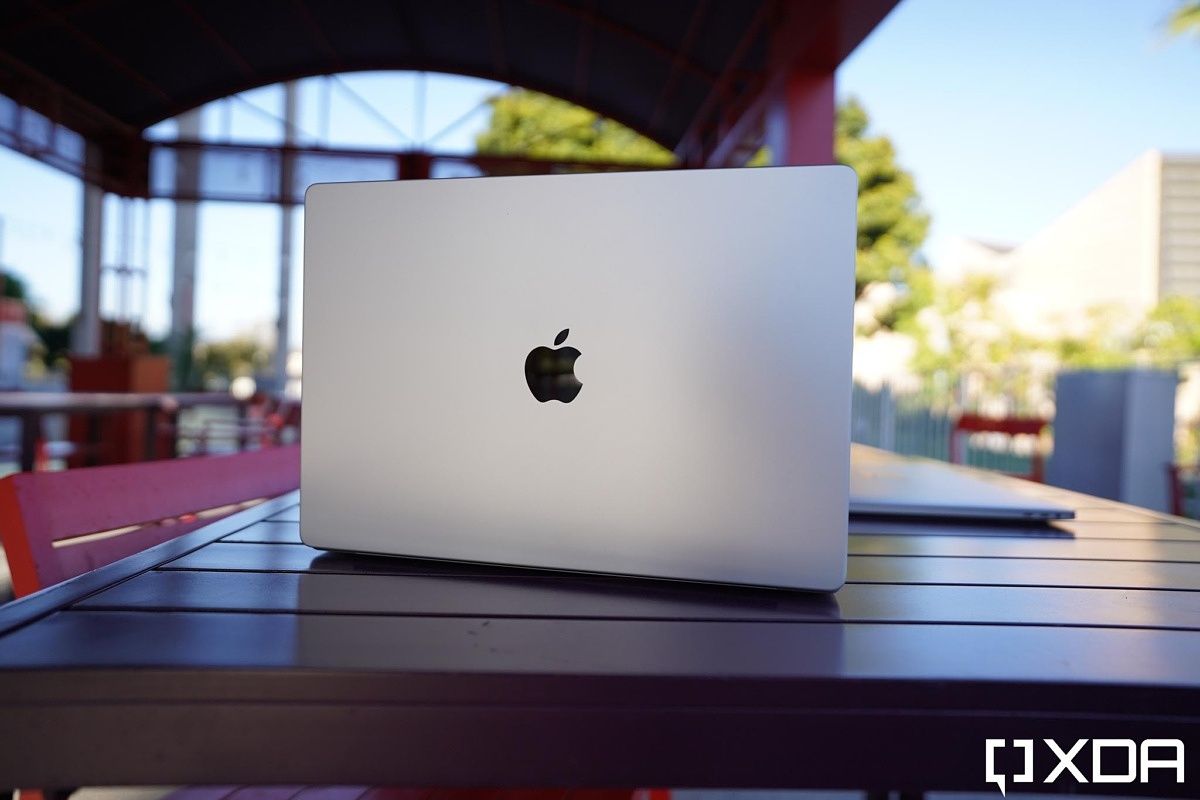The MacBook Pro (2023) is one of the best Macs currently available. It packs the M2 Pro or M2 Max chip, has a wide variety of ports, and runs macOS Ventura. Though, what if you'd rather depend on a different operating system, such as Linux; would that be possible? The answer is not natively. You can run Linux on the MacBook Pro (2023), but you'd have to depend on virtualization. While it's a valid workaround, you can't expect it to run as well as a machine with Linux installed natively.
Since its transition from Intel chips to its own silicon, Apple has stopped including the Boot Camp app on its computers. For those unfamiliar, this built-in application would allow users to dual-boot other operating systems, such as Windows, and run them natively on the Mac. As a result, M-powered Mac users now have to depend on virtual machines to utilize non-macOS operating systems.
To run Linux on the MacBook Pro (2023) through a virtual machine, you could depend on VMware or Parallels 18. The former offers a free version, if you're not willing to spend on this project. Meanwhile, the latter comes with more perks, but it costs $100 to use.
Parallels' perks include a simpler flow to download and install Linux in the virtual machine. That's in addition to Coherence mode, which allows you to drag Linux app windows outside the main Parallels window. This makes the Linux apps appear as if they're running natively on macOS. If you're contemplating this purchase, Parallels offers a 14-day free trial, allowing you to give the product a spin before committing to the $100 purchase.

Apple MacBook Pro (M2, 2023)
The 14- and 16-inch MacBook Pro (2023) models adopt the same exterior chassis first introduced in 2021. They offer boosted M2 Pro and M2 Max chips, Wi-Fi 6E and Bluetooth 5.3 support, HDMI 2.1 compatibility, a notched display, and more.

